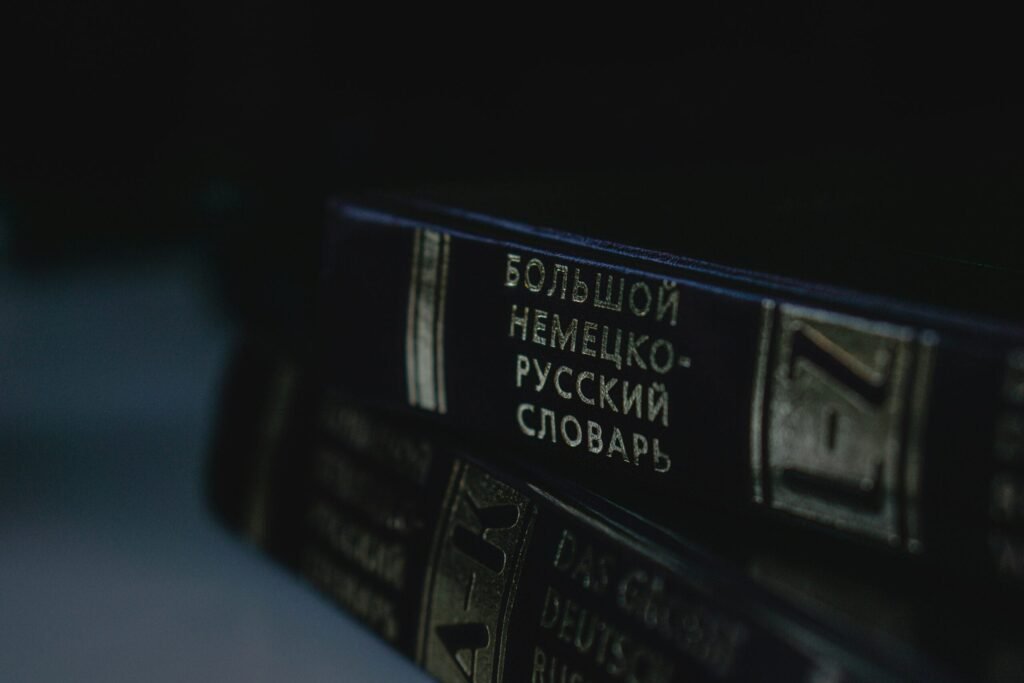Russian Pronunciation Guide: Master the Basics with Audio + Free PDF

“Master Russian Pronunciation in 10 Minutes:
Short Comprehensive Guide”
Hi, I’m Adrian — a polyglot and language tutor. Throughout my language learning journey, I’ve studied seven foreign languages, and I have to say, Russian has been the hardest by far. That’s exactly why I created this quick and simple guide to help you master Russian pronunciation.
I specialize in phonetics, and in this guide, I’ll share my own audio recordings of key sounds along with example words and phrases. Just click the microphone icon next to each sound to listen and read along.
To get the most out of this guide, I encourage you to read aloud all the sounds and words, and try to imitate my pronunciation closely. Focus on training your ears to hear these new sounds — with some patience, you’ll soon be able to distinguish them clearly from their English approximations.
Keep in mind, some Russian sounds don’t exist in English, so written approximations don’t always do them justice. That’s why paying attention to the audio clips is crucial.
Enjoy the guide, and happy learning
Consonants
| Cyrillic | Sound | English Approximation |
|---|---|---|
| Б б | B | as in “baby” |
| В в | V | as in “van” |
| Г г | G | as in “go” |
| Д д | D | as in “dog” |
| Ж ж | ZH | like “measure” |
| З з | Z | as in “zoo” |
| Й й | Y | as in “boy” (short) |
| К к | K | as in “kite” |
| Л л | L | as in “lamp” |
| М м | M | as in “man” |
| Н н | N | as in “no” |
| П п | P | as in “pot” |
| Р р | R | rolled “r” |
| С с | S | as in “sun” |
| Ф ф | F | as in “fun” |
| Х х | KH | as in “ugh” but much harsher, throat sound |
| Ц ц | TS | as in “cats” |
| Ч ч | CH | as in “chess” |
| Ш ш | SH | as in “shut” |
| Щ щ | SHCH | soft “shch” blend, “harsher” version of previous sound |
Cyrillic Soft Vowels
| Cyrillic | Sound | English Approximation |
|---|---|---|
| Е е | E | as “ye” in “yes” |
| Ю ю | YU | like “you” |
| Я я | YA | as “ya” in “yard” |
| Ё ё | YO | as “yo” in “yoga” |
| И и | I | as “ee” in “see” |
Cyrillic Hard Vowels
| Cyrillic | Sound | English Approximation |
|---|---|---|
| У у | U | as “oo” in “boot” |
| А а | A | as “a” in “father” |
| О о | O | as “o” in “bore” |
| Ы ы | Ы | no direct English equivalent; between “oo” and “ee,” lips not rounded |
| Э э | E | as “e” in “met” |
Stress Matters
The hard truth is that word stress in Russian is unpredictable and can change the meaning of words entirely. This isn’t something you can master quickly—it takes time and lots of listening to spoken Russian so your brain starts to intuitively recognize stress patterns. Memorizing stress only helps in the short term.
Some examples:
- за́мок (stress on the 1st syllable) = “castle”
- замо́к (stress on the 2nd syllable) = “lock”
Tip:
Don’t guess the stress—learn it with each word you study.
Common Russian Pronunciation Mistakes
- Mixing up В (B) and V (В sounds like V in English).
- Skipping the rolled Р (R) → Practice tapping your tongue quickly.
- Misreading Х as H → It’s not the English “H”; it’s a throaty “kh” sound.
Practice Sentences for Russian Pronunciation
Make sure to practice these sentences out loud along with the audio clips:
- Это моя кошка — This is my cat
- У меня есть брат — I have a brother
- Пожалуйста, говорите медленно — Please, speak slowly
- Меня зовут Адриан — My name is Adrian
Hard and Soft Consonant Pairs in Russian Pronunciation
Most of the time, when you need to pronounce a soft consonant, it involves “palatalizing” the tongue. Simply put, the back part of your tongue has to touch the roof of your mouth (the palate).
Examples:
- Да = “da” (hard)
- Дя = “dya” (soft)
Tip:
Smile slightly when saying soft consonants. They almost sound like they have a tiny “y” in them. Phonetically, that “y” sound comes from your tongue touching the roof of your mouth.
This is a key feature of Russian. Consonants come in pairs—a hard and a soft one—with a few exceptions:
- Ж, Ш, Ц are always hard.
- Щ, Й are always soft.
How to know if a consonant is soft or hard?
- When a consonant is followed by the soft sign (ь), it’s pronounced soft.
- Russian also has a hard sign (ъ), which is less common. It ensures the consonant before it stays hard, even if followed by a soft vowel (я, е, и, ё, ю). It also forces you to pronounce the full vowel sound instead of a shortened or unstressed version.
Example:
The word объект is similar to the English word “object.”
- When you see soft vowels like я, е, и, ё, ю right after a consonant, that consonant is soft.
Note: Sometimes the vowel “ё” is written simply as “е”, so don’t be surprised if you see е pronounced like ё.
Examples Comparing Hard and Soft Sounds:
| Hard Sound | Soft Sound |
|---|---|
| Путь (way) | Пьют (they drink) |
| Ложка (spoon) | Лёд (ice) |
| Хвост (tail) | Химия (chemistry) |
| Дорого (expensive) | Дёшево (cheap) |
| Подъезд (driveway) | Семь (seven) |
What’s Next?
Congratulations! Once you’ve completed this course, you can confidently say that you’ve mastered the basics of Russian pronunciation. Keep practicing daily, and you’ll see your progress speed up quickly.
If you want personalized guidance, feel free to contact me and book a 1:1 lesson. We’ll work on your pronunciation live, with a customized approach that gets more advanced each time—until even native speakers can’t tell you’re a foreigner!
Did this guide help you?
I’d love to hear your feedback! Your input motivates me to create more helpful content.
Stay tuned—I’ll be making more in-depth guides soon covering Russian grammar, pronunciation, and much more. You can download this guide as a PDF for free down below.
Спасибо! Thank you!


Pingback: Learn Russian on Your Own: Step-by-Step Beginner’s Guide
Pingback: Russian Keyboard: How to Type in Russian on PC, Phone & Online